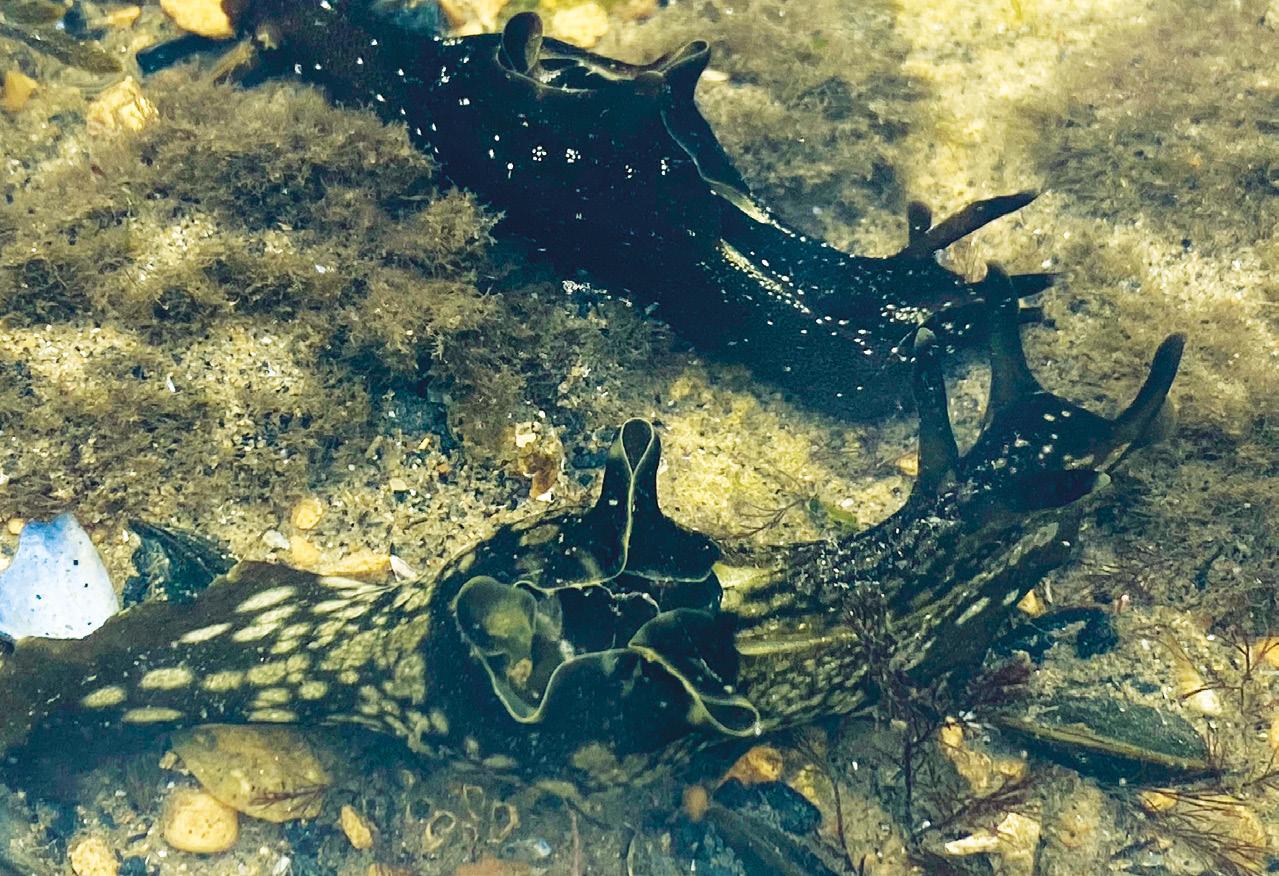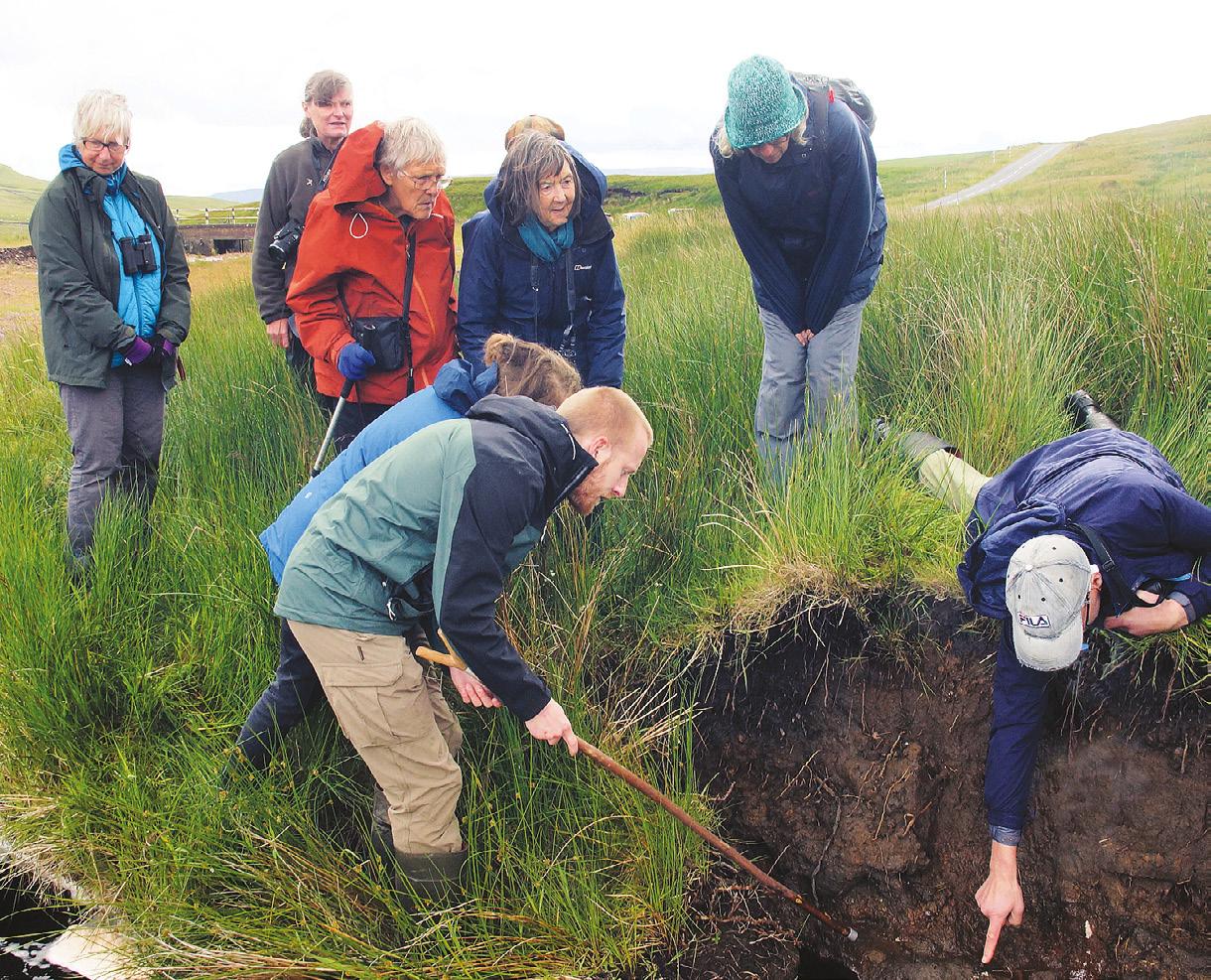
1 minute read
A busy summer for Naturally Native Exploring seashores with SeaScapes
By Stephen Brend
It isn’t just you or me who enjoy a sunny day. The warmer weather brings out the water voles. They will start breeding from early spring right through until September. As the seasons progress, and more and more litters are born, there will be more water voles about. This is why we are asking our members and volunteers to conduct water vole surveys around where they live. We are trying to survey as many water courses in the North East as possible.
Advertisement
A water vole survey is not a laborious undertaking. Indeed, it shouldn’t be much more difficult than going for a walk along a river bank. You may not see the water voles but, if they are about, you might see their signs: burrows, latrines and feeding stations. Burrows are the most obvious sign but, on their own, they don’t tell us much, as they may be new or old, occupied or unoccupied. That is why we encourage people to look for the other signs as well.
On our website, we have put together a host of helpful resources for anyone who is willing to help us out.
We are recruiting for new water vole survey volunteers. Find out more about what it involves and how you can help – durhamwt.com/water-vole-surveys
By John Hayton Education Projects Officer

The Trust is running a suite of public and educational engagement activities as part of the National Lottery Heritage Funded Seascapes Project.

The project is promoting and facilitating positive public engagement with our shoreline. Education Project Officers Mandy Bell and John Hayton are working with schools and local communities on a range of marine exploration activities. There’s Beach Tots for the under-fours and Shore Safaris for local primary schools, with rockpooling and beachcombing. We even have snorkel taster sessions for schools – giving children a chance to experience life under the water’s surface for the first time.
There are also summer boat trips to complement our citizen science hilltop dolphin watches and shore surveys. Already, volunteers have spotted harbour porpoises, bottlenose dolphins and Atlantic grey seals. Our guided bird walks have been hugely popular at a range of sites between the Tyne and the Tees, and will continue late into the summer and through the autumn.
Meanwhile, the Beach Rangers have been undertaking a range of sessions from beach cleaning and rockpooling to bird and seal surveys. These sessions are part of Duke of Edinburgh Awards, and give attendees a chance to broaden their understanding of the wildlife around our shores.











